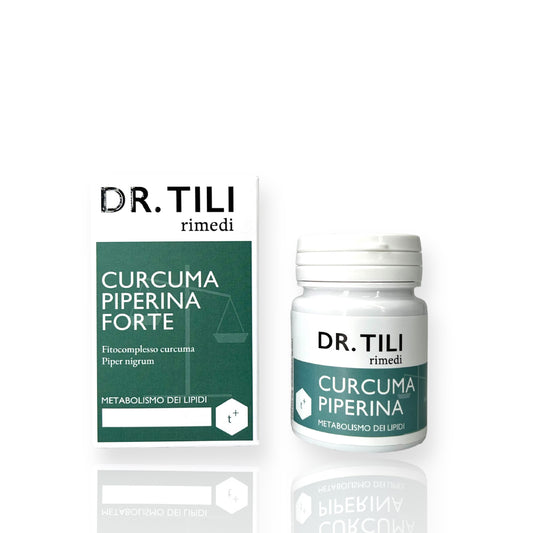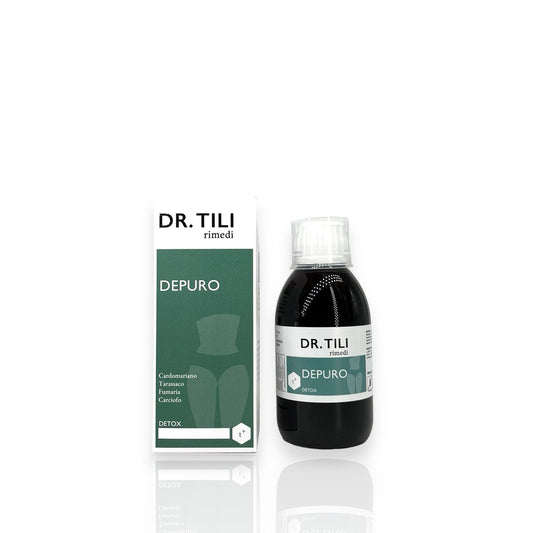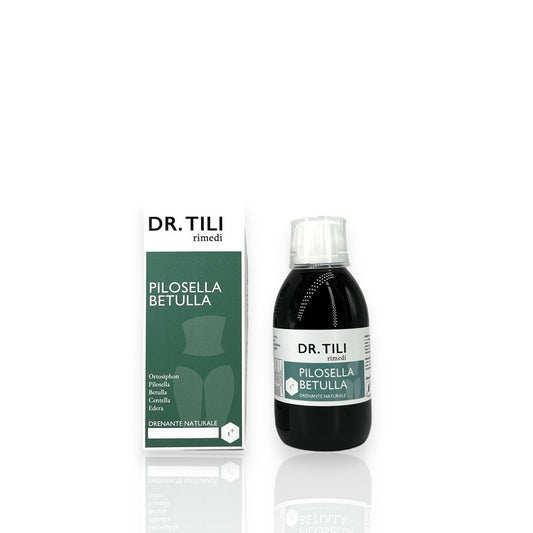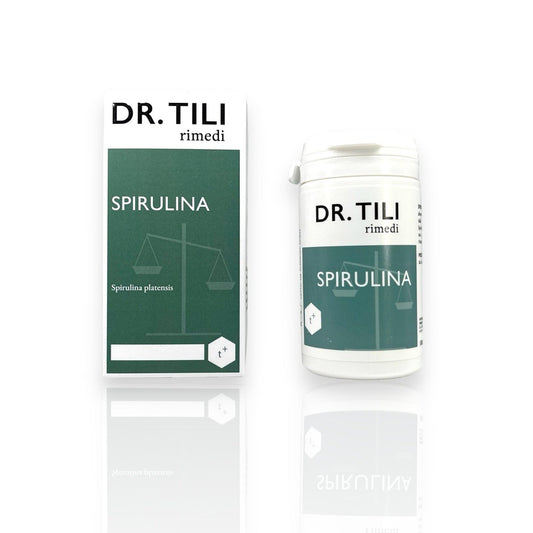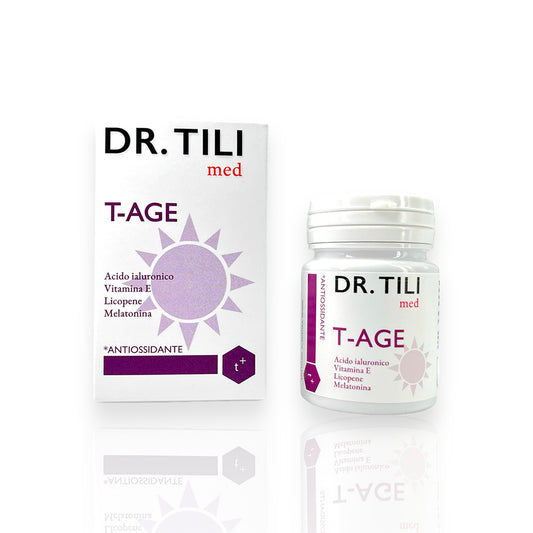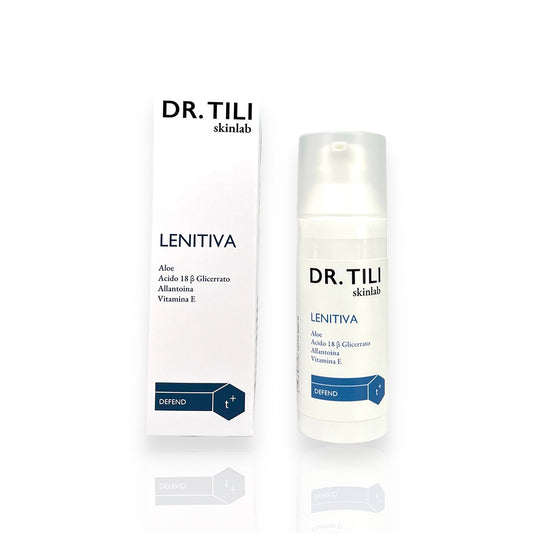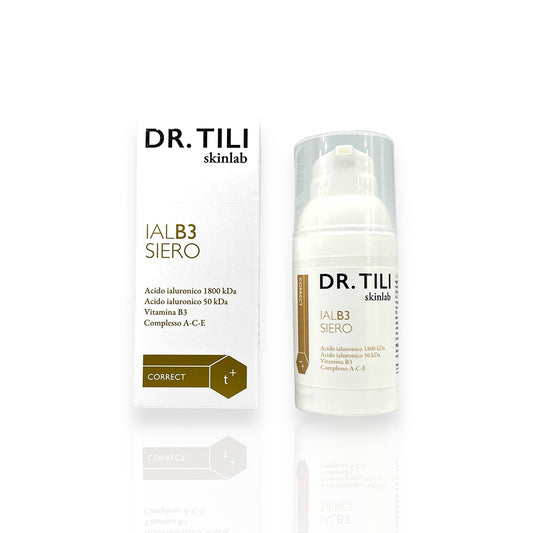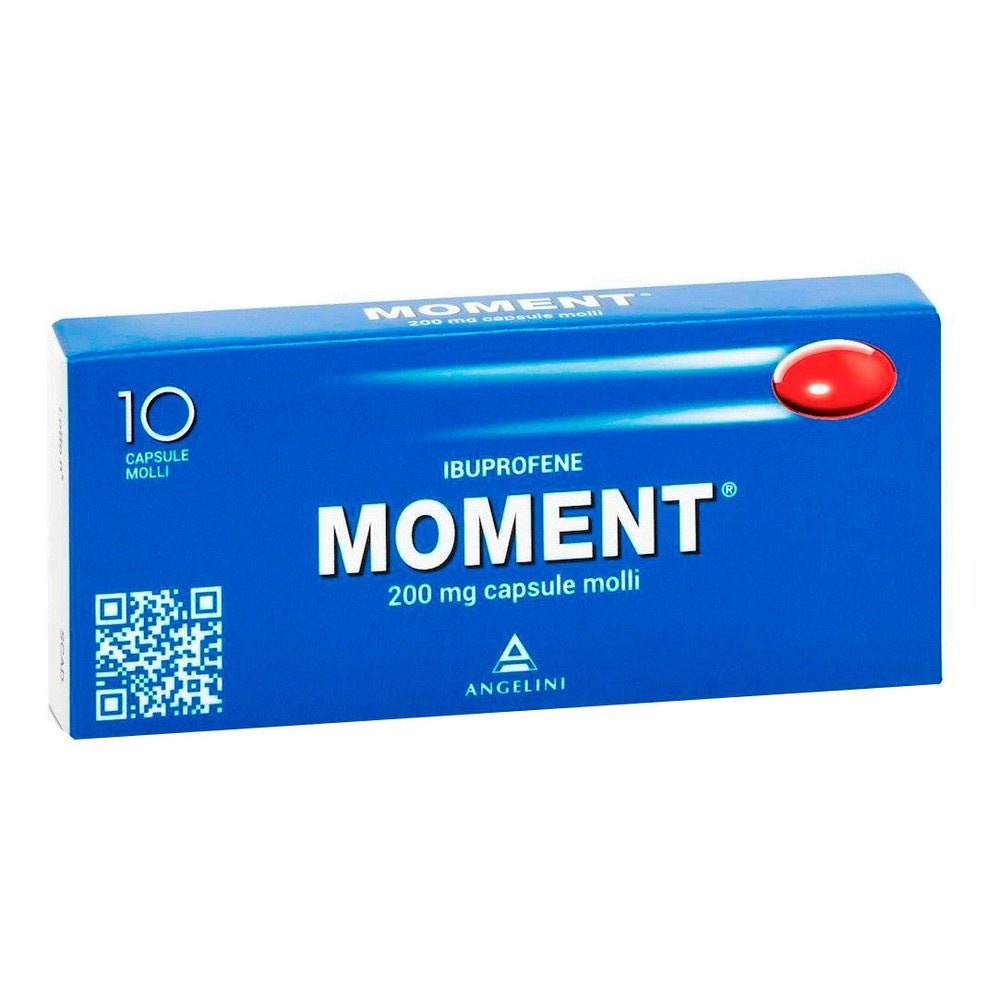ANGELINI PHARMA ITALIA SpA
Moment 200mg 10 softgels
Moment 200mg 10 softgels

Couldn't load pickup availability
PRODUCT NET WEIGHT
PRODUCT NET WEIGHT
EAN
EAN
025669197
MINSAN
MINSAN
025669197
Moment 200mg 10 soft capsules is a drug based on ibuprofen , an active ingredient belonging to the class of nonsteroidal anti-inflammatory drugs (NSAIDs). It is indicated for the treatment of pain of various origins and nature , such as headache, toothache, neuralgia, osteoarticular and muscular pain, as well as menstrual pain. Furthermore, Moment is an adjuvant in the symptomatic treatment of feverish and flu states. Each capsule contains 200 mg of ibuprofen, formulated for rapid absorption and effective analgesic and anti-inflammatory action. The soft capsules are designed to facilitate swallowing and improve the bioavailability of the active ingredient.
ACTIVE INGREDIENTS
Active ingredients contained in Moment 200mg 10 soft capsules - What is the active ingredient in Moment 200mg 10 soft capsules?
Each capsule contains: Active substance : ibuprofen 200 mg. For a full list of excipients, see section 6.1.
EXCIPIENTS
Composition of Moment 200mg 10 soft capsules - What does Moment 200mg 10 soft capsules contain?
Macrogol 600, potassium hydroxide, gelatin, partially dehydrated liquid sorbitol, purified water, Ponceau 4R (E124), lecithin, fractionated coconut oil.
DIRECTIONS
Therapeutic indications Moment 200mg 10 soft capsules - Why is Moment 200mg 10 soft capsules used? What is it used for?
Pain of various origins and nature (headache, toothache, neuralgia, osteo-articular and muscular pain, menstrual pain). Adjuvant in the symptomatic treatment of feverish and flu states.
CONTRAINDICATIONS SIDE EFFECTS
Contraindications Moment 200mg 10 soft capsules - When should Moment 200mg 10 soft capsules not be used?
• Do not administer to children under 12 years of age. • Pregnancy and breastfeeding. • Hypersensitivity to the active substance, to other antirheumatics (acetylsalicylic acid, etc.) or to any of the excipients. • Active or severe gastroduodenal ulcer or other gastropathies. • History of gastrointestinal bleeding or perforation related to previous active treatments or history of recurrent peptic ulcer/haemorrhage (two or more distinct episodes of proven ulceration or bleeding). • Severe hepatic or renal insufficiency. • Severe cardiac insufficiency.
DOSAGE
Quantity and method of taking Moment 200mg 10 soft capsules - How to take Moment 200mg 10 soft capsules?
Adults and adolescents over 12 years: 1–2 capsules, 2–3 times a day. Do not exceed the dose of 6 capsules per day. If the use of the medicine is necessary for more than 3 days in adolescents, or in case of worsening of symptoms, a doctor should be consulted. Do not exceed the recommended doses; in particular, elderly patients should stick to the minimum dosages indicated above. Take the product on a full stomach.
CONSERVATION
Storage Moment 200mg 10 soft capsules - How to store Moment 200mg 10 soft capsules?
Store below 25°C.
WARNINGS
Warnings Moment 200mg 10 soft capsules - About Moment 200mg 10 soft capsules it is important to know that:
• In asthmatic patients the product should be used with caution, after consulting a doctor. • Patients whose activity requires alertness should be cautious if they notice drowsiness, dizziness or depression during therapy with ibuprofen. • The use of Moment, as with any drug inhibiting the synthesis of prostaglandins and cyclooxygenase, is not recommended in women intending to become pregnant. • The administration of Moment should be suspended in women who have fertility problems or who are undergoing investigation of fertility. • The use of Moment should be avoided in conjunction with NSAIDs, including selective COX-2 inhibitors. • Undesirable effects may be minimised by using the lowest effective dose for the shortest duration necessary to control symptoms (see paragraphs below on gastrointestinal and cardiovascular risks). • Cardiovascular and cerebrovascular effects: Clinical trial and epidemiological data suggest that use of ibuprofen, particularly at high doses (2400 mg/day) and in long term treatment, may be associated with a small increased risk of arterial thrombotic events (for example myocardial infarction or stroke). Overall, epidemiological studies do not suggest that low dose ibuprofen (e.g. ≤ 1200 mg/day) is associated with an increased risk of myocardial infarction. • There is a risk of impaired renal function in dehydrated adolescents. • Elderly: Elderly patients have an increased frequency of adverse reactions to NSAIDs especially gastrointestinal bleeding and perforation which may be fatal (see section 4.2). • Gastrointestinal bleeding, ulceration and perforation: Gastrointestinal bleeding, ulceration and perforation, which can be fatal, have been reported with all NSAIDs at anytime during treatment, with or without warning symptoms or a previous history of serious GI events. • The risk of GI bleeding, ulceration or perforation is higher with increasing NSAID doses, in the elderly and in patients with a history of ulcer, particularly if complicated with haemorrhage or perforation (see section 4.3). These patients should start treatment on the lowest dose available. Concomitant use of protective agents (e.g. misoprostol or proton pump inhibitors) should be considered for these patients, and also for patients taking low dose aspirin or other drugs likely to increase GI risk (see below and section 4.5). • Patients with a history of GI toxicity, particularly when elderly, should report any unusual GI symptoms (especially GI bleeding) particularly in the initial stages of treatment. • Carefully monitor patients receiving concomitant medications which could increase the risk of ulceration or bleeding, such as oral corticosteroids, anticoagulants such as warfarin, selective serotonin reuptake inhibitors or anti-platelet agents such as aspirin (see section 4.5). • If gastrointestinal bleeding or ulceration occurs in patients receiving Moment, the treatment should be withdrawn. • NSAIDs should be given with caution to patients with a history of gastrointestinal disease (ulcerative colitis, Crohn's disease) as these conditions may be exacerbated (see section 4.8). • Caution is advised before initiating treatment in patients with a history of hypertension and/or heart failure as fluid retention, hypertension and oedema have been reported in association with NSAID therapy. • Serious skin reactions, some of them fatal, including exfoliative dermatitis, Stevens–Johnson syndrome, and toxic epidermal necrolysis, have been reported very rarely in association with the use of NSAIDs (see section 4.8). Patients appear to be at highest risk early in the course of therapy: the onset of the reaction occurs in the majority of cases within the first month of treatment. Moment should be discontinued at the first appearance of skin rash, mucosal lesions or any other sign of hypersensitivity. • MOMENT capsules contain: – sorbitol: patients with rare hereditary problems of fructose intolerance should not take this medicine; – Ponceau 4R (E124): may cause allergic reactions.
INTERACTIONS
Interactions Moment 200mg 10 soft capsules - Which medicines or foods can modify the effect of Moment 200mg 10 soft capsules?
• Possible interactions with coumarin-type anticoagulants should be taken into account: patients undergoing treatment with such drugs should consult their doctor before taking the product. It is also advisable to seek medical advice in the case of any concomitant therapy before administering the product. • Corticosteroids: increased risk of gastrointestinal ulceration or bleeding (see section 4.4). • Anticoagulants: NSAIDs may increase the effects of anticoagulants, such as warfarin (see section 4.4). • Antiplatelet agents and selective serotonin reuptake inhibitors (SSRIs): increased risk of gastrointestinal bleeding (see section 4.4). • Diuretics, ACE inhibitors and angiotensin II antagonists: NSAIDs may reduce the effect of diuretics and other antihypertensive drugs. In some patients with compromised renal function (e.g. dehydrated patients or elderly patients with compromised renal function) the co-administration of an ACE inhibitor or an angiotensin II antagonist and agents that inhibit the cyclo-oxygenase system may lead to further deterioration of renal function, including possible acute renal failure, which is usually reversible. These interactions should be considered in patients taking Moment concomitantly with ACE inhibitors or angiotensin II antagonists. Therefore, the combination should be administered with caution, especially in elderly patients. • Patients should be adequately hydrated and consideration should be given to monitoring renal function after initiation of concomitant therapy. • Experimental data indicate that ibuprofen may inhibit the effects of low-dose acetylsalicylic acid on platelet aggregation when the drugs are administered concomitantly. However, the limited data and the uncertainties regarding their application to the clinical situation do not allow definitive conclusions to be drawn for the continuous use of ibuprofen; there appears to be no clinically relevant effect from occasional use of ibuprofen (see section 5.1).
SIDE EFFECTS
Like all medicines, Moment 200mg 10 soft capsules can cause side effects - What are the side effects of Moment 200mg 10 soft capsules?
Skin effects Allergic skin rashes (erythema, pruritus, urticaria) may occasionally occur. Bullous reactions including Stevens-Johnson Syndrome and Toxic Epidermal Necrolysis (very rarely). Gastrointestinal effects The most commonly observed adverse events are gastrointestinal in nature. Peptic ulcers, perforation or gastrointestinal haemorrhage, sometimes fatal, particularly in the elderly, may occur (see section 4.4). The following have been reported following administration of Moment: feeling of heaviness in the stomach, nausea, vomiting, diarrhoea, flatulence, constipation, dyspepsia, abdominal pain, melaena, haematemesis, ulcerative stomatitis, exacerbation of colitis and Crohn's disease (see section 4.4). Less frequently, gastritis has been observed. Cardiovascular effects Oedema, hypertension and cardiac failure have been reported in association with treatment with NSAIDs. Clinical trial and epidemiological data suggest that use of ibuprofen (particularly at high doses 2400 mg/day) and in long-term treatment may be associated with a modest increased risk of arterial thrombotic events (for example myocardial infarction or stroke) (see section 4.4). These phenomena rapidly regress upon discontinuation of treatment.
OVERDOSE
Overdose Moment 200mg 10 softgels - What are the risks of Moment 200mg 10 softgels in case of overdose?
In case of overdose, gastric lavage and correction of blood electrolytes are indicated. There is no specific antidote for ibuprofen.
PREGNANCY AND BREASTFEEDING
If you are pregnant or breast-feeding, think you may be pregnant or are planning to have a baby, ask your doctor for advice before taking Moment 200mg 10 soft capsules.
Pregnancy Inhibition of prostaglandin synthesis may adversely affect the pregnancy and/or the embryo/fetal development. Results of epidemiological studies suggest an increased risk of miscarriage and of cardiac malformation and gastroschisis after use of a prostaglandin synthesis inhibitor in early pregnancy. The absolute risk of cardiac malformations increased from less than 1%, up to approximately 1.5%. The risk was believed to increase with dose and duration of therapy. In animals, administration of prostaglandin synthesis inhibitors has been shown to result in increased pre- and post-implantation loss and embryo-fetal mortality. In addition, increased incidences of various malformations, including cardiovascular, have been reported in animals given prostaglandin synthesis inhibitors during the organogenetic period. During the third trimester of pregnancy, all prostaglandin synthesis inhibitors may expose: the fetus to : – cardiopulmonary toxicity (with premature closure of the ductus arteriosus and pulmonary hypertension); – renal dysfunction, which may progress to renal failure with oligo-hydroamniosis; the mother and the neonate, at the end of pregnancy, to : – possible prolongation of bleeding time, and anti-aggregating effect which may occur even at very low doses; – inhibition of uterine contractions resulting in delayed or prolonged labor.
DRIVING AND USE OF MACHINERY
Take Moment 200mg 10 softgels before driving or using machines - Does Moment 200mg 10 softgels affect driving or using machines?
The use of ibuprofen does not usually affect the ability to drive or use other machines. However, those patients whose activities require alertness should exercise caution if they experience drowsiness, dizziness or depression during therapy with ibuprofen.



